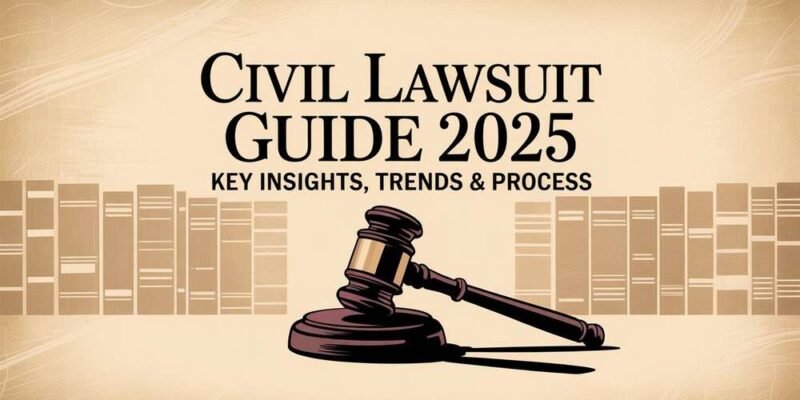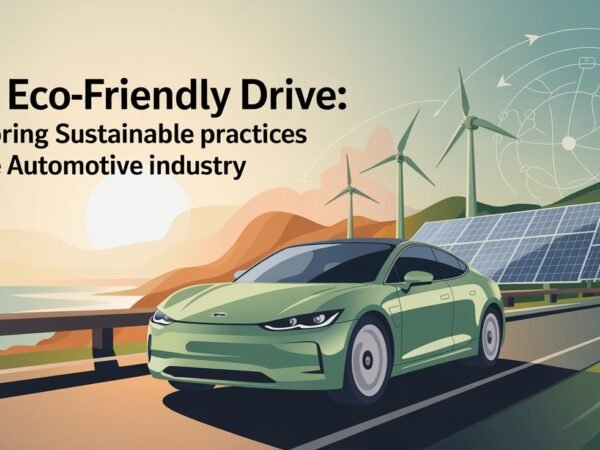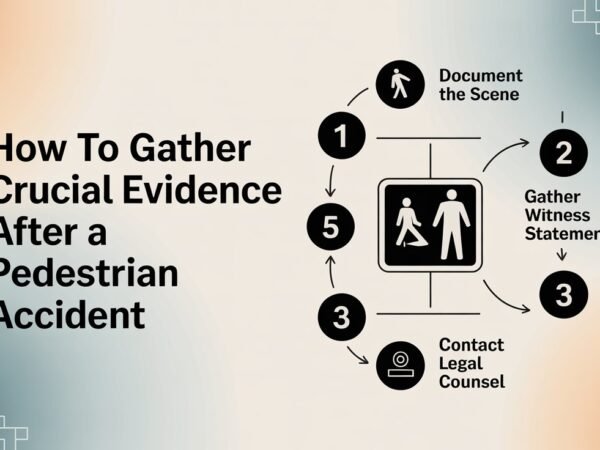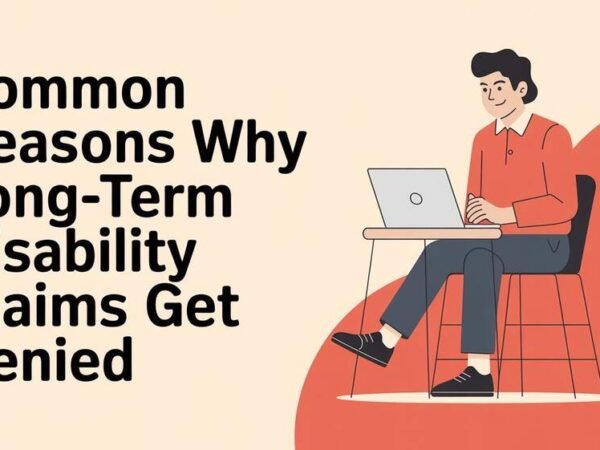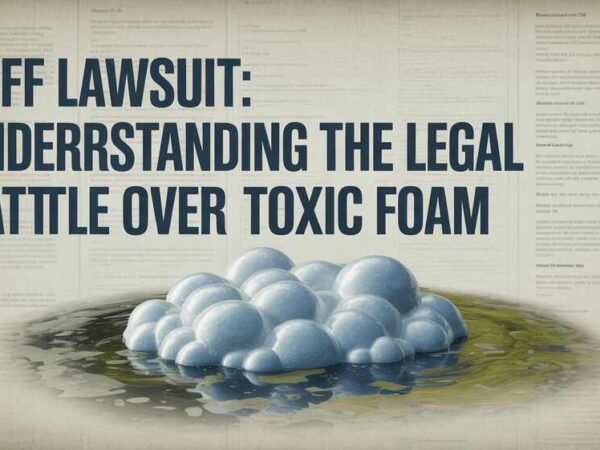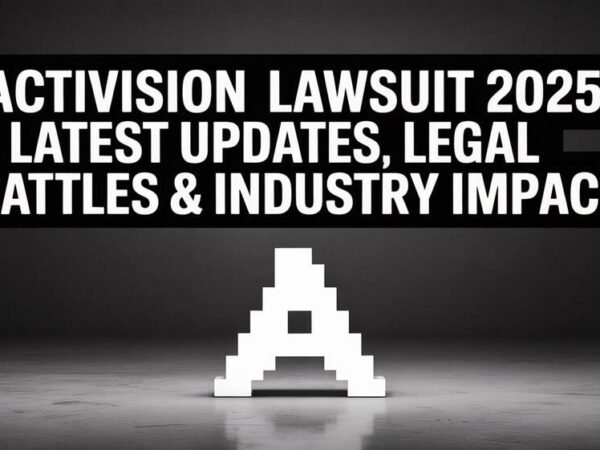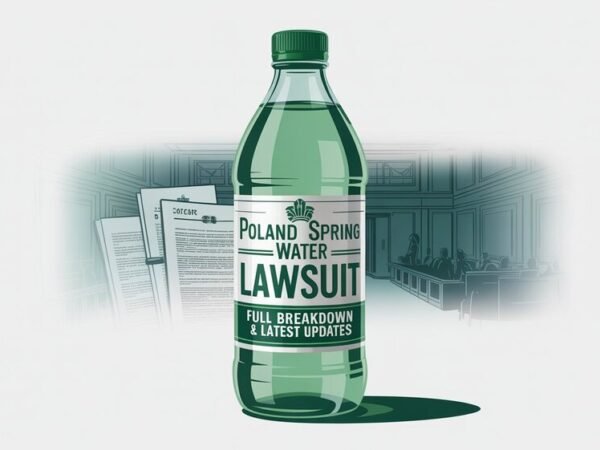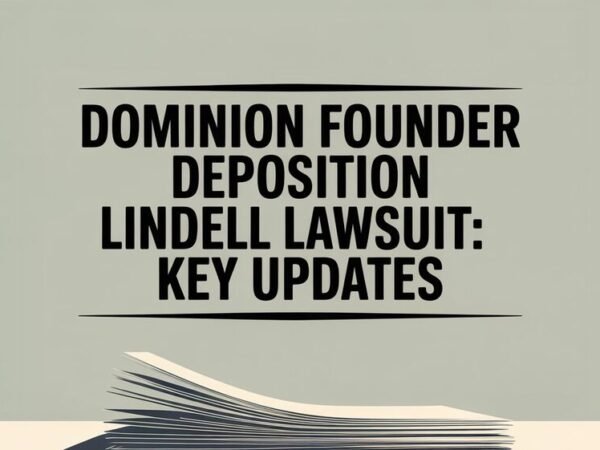What Is a Civil Lawsuit?
A civil lawsuit is a legal dispute between two or more parties seeking monetary compensation, enforcement of rights, or other remedies rather than criminal sanctions. Unlike criminal cases, where the government prosecutes individuals for violating the law, civil lawsuits are initiated by individuals, companies, or organizations. In 2025, civil lawsuits remain crucial for resolving private disputes in an increasingly complex world. Civil litigation encompasses various legal matters, including personal injury, contract breaches, property disputes, and defamation. Understanding what a civil lawsuit entails is fundamental to knowing your rights and how to protect them when conflicts arise.
How Civil Lawsuits Work: Step-by-Step Process
Civil lawsuits generally follow a structured and predictable legal process, though the specifics may vary depending on jurisdiction and case complexity. The process begins when the plaintiff files a complaint, outlining the grievance and the legal basis for the claim. The defendant is then formally notified or “served,” with court papers. Following this, the discovery phase unfolds, where both parties exchange evidence, documents, and witness testimonies through methods like interrogatories and depositions.
Both sides may file motions during pre-trial to resolve the case or limit the issues before trial. The trial itself can be bench (judge-only) or jury-based, depending on the case and preferences of the parties. Each side presents evidence, examines witnesses, and argues their position. After the trial, a verdict is rendered, and if the plaintiff prevails, remedies such as damages or injunctions are awarded. Either party can appeal the decision, potentially prolonging the legal battle. Understanding each phase helps demystify the civil litigation process and equips individuals to handle it more effectively.
Top Reasons People File Civil Lawsuits Today
In 2025, the motivations behind civil lawsuits remain consistent with past trends, though new societal and technological issues have emerged. Personal injury claims—stemming from automobile accidents, workplace incidents, and medical malpractice—are among the most common. These lawsuits seek compensation for physical, emotional, and financial damage caused by negligence.
Another significant category is breach-of-contract lawsuits. These arise when one party fails to fulfill the terms of a legally binding agreement. Disputes over software licensing, e-commerce transactions, and service contracts are increasingly common in today’s digitized economy.
Property disputes and landlord-tenant conflicts also drive litigation. As urban housing becomes more competitive and regulations evolve, disagreements over rent, eviction, and maintenance responsibilities frequently escalate to legal action. Additionally, defamation cases—including slander, libel, and harmful online reviews—are gaining traction as individuals and businesses strive to protect their reputations in a hyperconnected world.
2025 Civil Litigation Trends & Developments
Civil litigation in 2025 reflects broader societal and technological shifts. One significant trend is the rise of lawsuits involving artificial intelligence and algorithmic decision-making. Individuals and groups are increasingly filing suits against companies for discriminatory algorithms in hiring, lending, or health care.
Cybersecurity and data privacy are also at the forefront of civil lawsuits. With increasing data breaches and misuse of personal information, companies face mounting legal pressure under new regulations. Class actions against tech giants and data aggregators are becoming more prevalent.
Environmental litigation has surged, especially involving toxic chemicals like PFAS (per- and polyfluoroalkyl substances). Communities impacted by long-term exposure are pursuing class actions and mass torts against manufacturers and distributors.
Meanwhile, virtual litigation has become the norm in many jurisdictions. Remote depositions, video trials, and digital evidence management have improved efficiency and access. Another notable trend is the growing influence of third-party litigation financing, allowing plaintiffs to pursue strong cases without bearing upfront legal costs, thereby democratizing access to justice.
Noteworthy Civil Cases Making Headlines in 2025
Several high-profile civil lawsuits are shaping the legal landscape in 2025. One of the most prominent involves Sean “Diddy” Combs, who is facing multiple civil lawsuits alleging sex trafficking and racketeering. These cases draw attention to celebrity accountability and the evolving nature of civil claims in the #MeToo era.
In another landmark development, the U.S. government reached a $30 million settlement with the family of Ashli Babbitt, related to her fatal shooting during the January 6 Capitol riot. The case has reignited debates over using force, civil rights, and governmental accountability.
Johnson & Johnson continues to face massive civil liability over its talc-based baby powder. Thousands of plaintiffs claim it caused cancer due to asbestos contamination. Although settlements are ongoing, the litigation underscores product safety issues and corporate transparency.
Additionally, multiple lawsuits over PFAS chemical exposure are leading to historic settlements and increased regulatory scrutiny. These cases highlight the growing role of environmental justice in civil litigation.
How to Prepare for a Civil Lawsuit
Facing a civil lawsuit—whether as plaintiff or defendant—requires careful preparation. The first step is understanding your rights and responsibilities under the law. To support their claims, the plaintiff should gather detailed evidence, such as contracts, medical records, photographs, or witness statements.
Choosing an experienced civil litigation attorney is critical. A qualified lawyer can navigate complex legal procedures, represent your interests in negotiations and court, and help you understand realistic outcomes. It’s also essential to consider the costs involved, including court filing fees, expert witness expenses, and attorney retainers.
A strong pre-trial strategy, including mock trials or settlement discussions, can influence the case’s trajectory. Early settlement negotiations often save time and resources, especially in cases where the outcome is uncertain. Preparation boosts your legal standing and reduces the emotional toll of prolonged litigation.
Settling vs. Going to Trial: What You Should Know
One of the most pivotal decisions in a civil lawsuit is whether to settle or proceed to trial. Settlements are private agreements where parties resolve the dispute without court intervention. They are usually faster, less expensive, and less emotionally taxing than trials. However, they may involve compromises that don’t fully satisfy either side.
Going to trial offers the chance for a definitive public judgment and potentially more significant damages. However, trials are unpredictable and costly. Both sides must weigh the strength of their case, the available evidence, and the potential risks. Alternative dispute resolution methods like mediation and arbitration offer a middle ground, providing structured negotiations without complete courtroom procedures.
In 2025, courts increasingly encourage settlements to ease backlogs, but each case is unique. The choice should align with your legal goals, financial capacity, and risk tolerance.
Civil Lawsuits Around the World
Civil litigation practices vary significantly around the globe. In the United States, the process is adversarial and often involves jury trials. In contrast, many European and Asian countries use inquisitorial systems, where judges are more active in investigating facts.
Due to globalization, cross-border civil disputes are becoming more common. International contract enforcement, cross-jurisdictional tort claims, and digital commerce litigation require careful legal navigation and international cooperation.
Global trends in 2025 include harmonizing civil procedure rules, greater use of international arbitration, and a shared focus on human rights, data protection, and environmental sustainability. Understanding these global developments is vital for multinational corporations and individuals engaged in international legal matters.
Conclusion: What to Expect From Civil Litigation in the Future
Rapid technological advancements, evolving societal values, and changing legal frameworks are shaping the future of civil lawsuits. Digital transformation in courts is improving efficiency, transparency, and accessibility. Artificial intelligence is a subject of lawsuits and a tool for case prediction, document review, and legal research.
Policy changes at both state and federal levels are redefining key aspects of civil litigation, from class action eligibility to statutory damage caps. As public awareness grows, individuals are more empowered to seek legal remedies for grievances.
Whether you’re considering filing a civil lawsuit or defending against one, staying informed about your rights, legal trends, and procedural changes is more important than ever. Knowledge is your most valuable asset in the complex civil litigation world.


